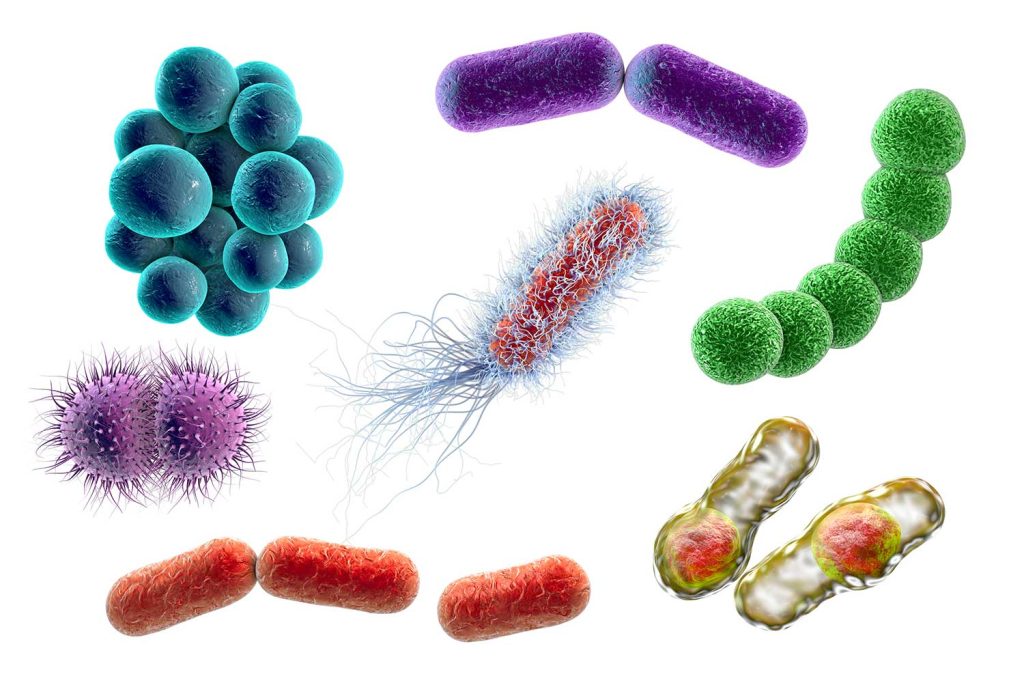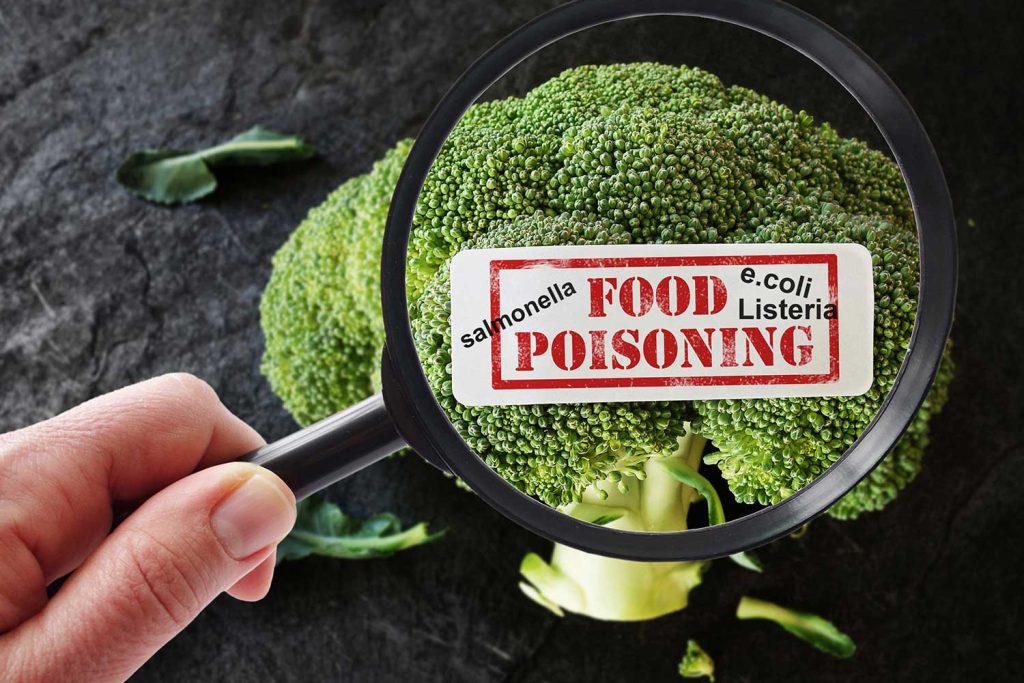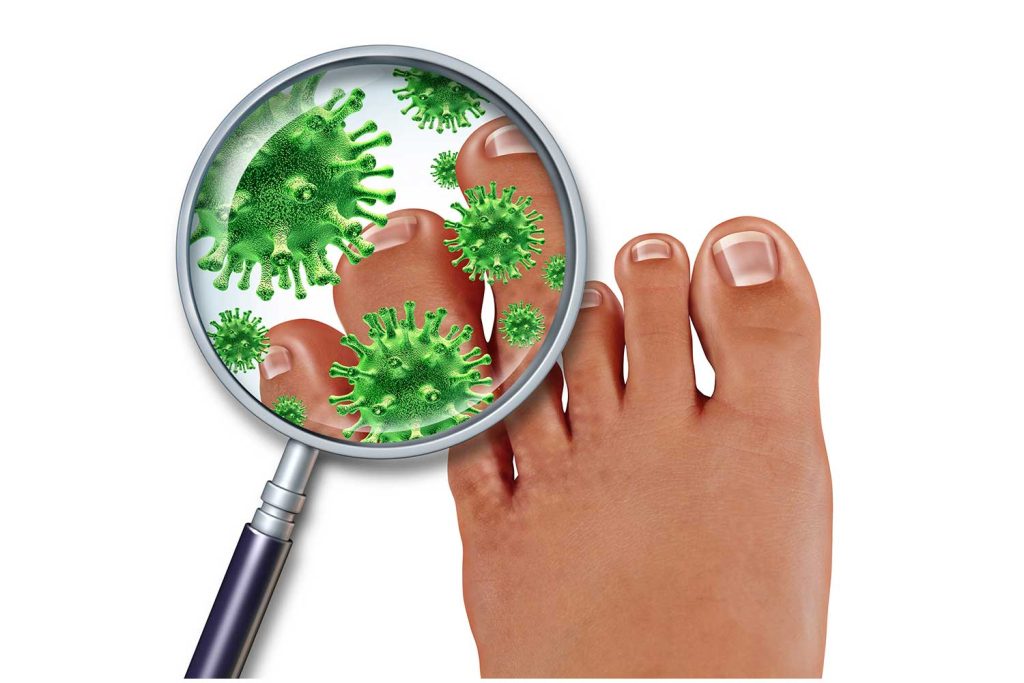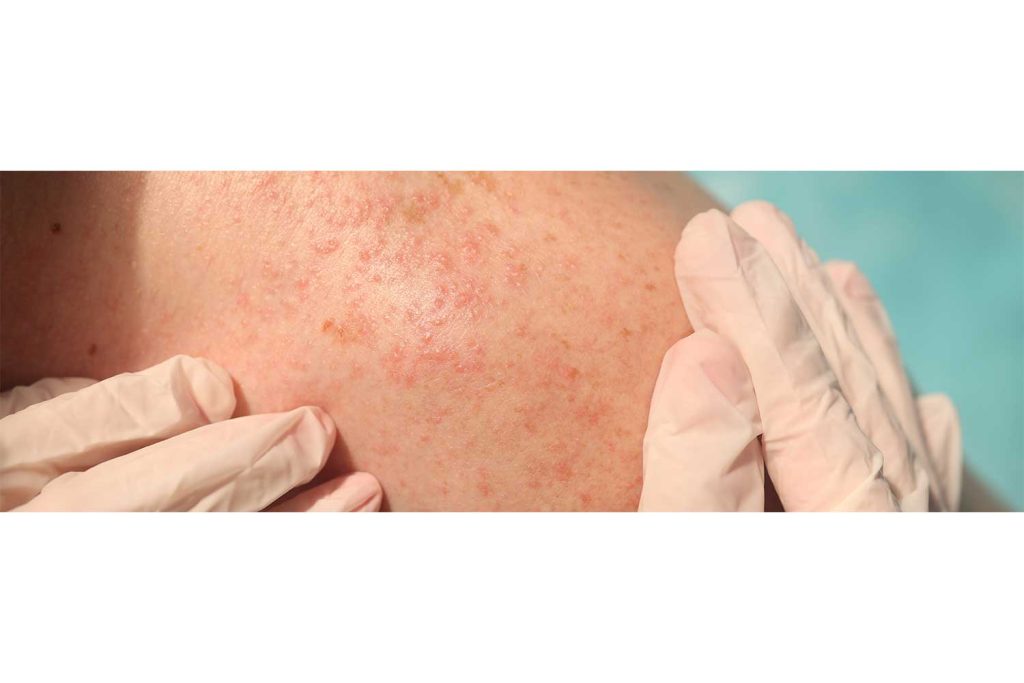Warning Signs of Infection and How to Prevent Them
Everyone is susceptible to infection because we coexist with millions of microorganisms; some are benign, while others are harmful.
An infection occurs when a harmful pathogen enters our body, multiplies, and ultimately interferes with our everyday functions.
Our immune system goes into overdrive when it detects a dangerous intruder. In many cases, our body can fight off mild infections on its own. However, an infection can become severe if left untreated, develop complications, and sometimes turn deadly.
At Supreme Care ER in Jersey Village, near Cypress Texas, we’re happy to provide you with the emergency care that you need in the event of a medical emergency.
Types of Infection
Infections are categorized depending on the type of microorganism that causes them. The most common pathogens include:
- Viruses
- Bacteria
- Fungi
- Parasites

Viral Infections
Viruses contain small pieces of genetic code that are released when they invade a host and attach themselves to cells.
The genetic material alters the function of the cell, forcing it to replicate and allowing the virus to multiply. When the infected cells die, they release new viruses continuing the infectious cycle.
Common viral infections include:
- The common cold
- Flu
- COVID-19
- Encephalitis and meningitis
- Hepatitis C

Bacterial Infections
Bacteria are single-celled microorganisms that can multiply quickly and release toxins into our bodies, causing illness.
Bacteria can thrive in almost all environments, including extreme heat, humidity, or intense cold. Not all bacteria are harmful; some, like our gut microbiota, are necessary for healthy digestion. However, some bacteria can cause severe illness.
Common Bacterial Infections
- Urinary tract infections (UTIs)
- Food poisoning
- Gastritis
- Bacterial meningitis
- Otitis media
- Pneumonia
- Eye infections
- Skin infections

Fungal Infections
Most fungi are multicellular parasites that produce an enzyme that allows them to decompose and absorb organic matter. They reproduce by spreading spores.
It is common for fungal infections to develop in the top layers of the skin, and some can progress to the deeper layers. Inhaling spores from yeast or mold can develop infections throughout the body, a process known as systemic infection.
Common Fungal Infections
- Candidiasis
- Certain eye infections
- Ringworm
- Athlete’s Foot
- Histoplasmosis

How Infection Spreads
Germs depend on outside factors to move. Transmission usually happens in one of the following ways:
- Contact: Harmful microorganisms can survive for a while on surfaces and latch on to us when we touch these. For example, high-contact places like handrails, ATMs, door handles, and seats in public transport are highly contaminated. The germs can enter our system when our hands touch these places, and then we touch our eyes, nose, or mouth.
- Airborne Sprays: When an infected person sneezes or coughs, they can release tiny droplets of contaminated salive and mucus. These can then land on high-touch surfaces, or people nearby can inhale them and become infected.
- Inhalation: Fungal spores can become airborne when you rake leaves or otherwise disturb their environment. Once the spores are in the air, you can easily inhale them
- Injuries: Getting cut or injured by contaminated objects such as knives, nails, and glass shards opens a doorway for germs to enter our bodies and reproduce, causing illness.
Symptoms of Infection
Infectious disease symptoms vary depending on the type of infection. However, most share some common symptoms, including:
- Fever
- Fatigue
- Muscle aches
- Diarrhea
- Coughing

When to Seek Medical Attention
Our bodies are resilient, and in most instances, we can fight off diseases without needing emergency medical attention. However, there are times when the infection has progressed, and symptoms become worrisome enough to warrant a trip to the ER. Therefore, please seek immediate medical attention should you develop any of the following warning signs:
- Trouble breathing
- Have a severe persistent headache with fever
- Cough lasting more than seven days
- Develop a rash or swelling
- Persistent fever
- Unexplained swelling
- Sudden vision problems
Untreated infections can develop complications, some of which can be life-threatening. Systemic infections can result in sepsis, an extreme and potentially deadly immune system response.
Sepsis is a medical emergency because it can lead to multi-organ failure causing long-term disabilities and even death.

Warning Signs of Sepsis
- High Fever
- Unexplained drastic changes in body temperature
- Low blood pressure
- Difficulty breathing
- Tachycardia (rapid heartbeat)
- Confusion, extreme fatigue, and sudden memory problems

Preventing Infections
There is no sure way of preventing infections; however, there is a lot you can do to reduce your risk of developing one.
- Wash your hands frequently, especially before and after handling food, going to the restroom, and cleaning
- Keep your environment clean. Regularly disinfect high-contact surfaces and rooms known to harbor high bacteria content, such as the kitchen and bathroom
- Rinse fruits and produce with clean water before eating them, and cook meats thoroughly
- Don’t leave leftovers out. Store them in the refrigerator within two hours after cooking
- Get vaccinated
- Practice safe sex by using condoms and getting regular STI check-ups
- Don’t share eating utensils, drinking glasses, or toothbrushes
- Prevent bug bite infections, including Zika and dengue fever, by using insect repellents when outdoors
- Keep your distance from individuals exhibiting symptoms of infection

Where to go in Case of an Emergency?
At Supreme Care ER, our doors remain open to provide care for you and your family.









